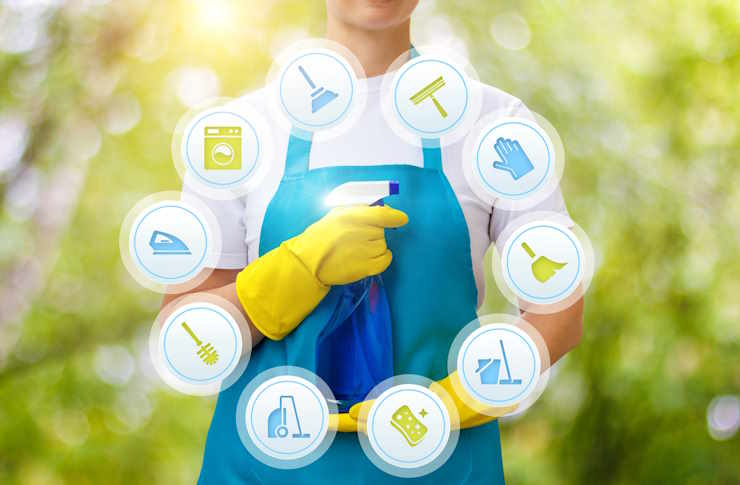Skills and Training to Progress in the Cleaning Sector
This article outlines practical skills, recognised training pathways and workplace strategies that support career development in the cleaning sector. It is written for people working in residential and commercial roles who want to improve technical competence, sanitation and hygiene practice, manage shiftwork effectively and prepare for potential relocation or broader employment mobility.

Progression in the cleaning sector depends on a combination of solid practical skills, formal training and reliable workplace behaviours. Workers who build capability in cleaning techniques, sanitation protocols and basic maintenance tasks increase their professional value in both residential and commercial settings. Alongside technical competence, developing communication, time-management and health-and-safety awareness helps staff move into supervisory or specialist roles without assuming specific vacancies or salary levels.
Cleaning and housekeeping skills
Effective cleaning and housekeeping require consistent routines and attention to detail. Key competencies include appropriate selection and application of detergents, safe operation of vacuums and floor-care machines, and correct handling of textiles and waste. Keeping accurate checklists and basic digital records improves handovers between shifts and supports quality control. Practising these skills across different property types, from homes to offices, builds a track record of reliability that employers and clients value.
Janitorial and sanitation training
Janitorial roles often demand knowledge of sanitation standards and safe chemical use. Recognised training programmes and in-house instruction can cover manual handling, COSHH-style awareness, equipment operation and infection-control procedures. These courses help staff understand dilution, storage and disposal of cleaning agents and provide frameworks for consistent cleaning schedules. Regular refresher training maintains compliance with evolving guidance and helps teams deliver predictable sanitation outcomes in varied environments.
Hygiene in residential and commercial settings
Hygiene expectations vary between residential and commercial work. In homes, cleaning tends to focus on delicate surfaces and client preferences; in commercial spaces, routine disinfection of high-touch areas and rapid turnover are priorities. Learning to adjust cleaning frequency, apply appropriate sanitising products and document sanitation tasks reduces cross-contamination risks. Familiarity with setting-specific protocols improves service quality and aligns daily practice with organisational hygiene standards.
Shiftwork and employment considerations
Many cleaning roles involve shiftwork, which affects routines, team communication and personal wellbeing. Skills that help include producing clear handover notes, planning efficient routes through sites, and managing energy through sensible break patterns. Understanding common employment processes—such as rotas and reporting procedures—helps workers navigate expectations professionally. Employers typically value punctuality, consistency and the ability to follow standard operating procedures when considering staff for broader responsibilities.
Maintenance, porter and maids: role development
Positions such as maintenance assistant, porter or maid offer routes to broaden responsibilities. Learning basic maintenance tasks, inventory control and equipment upkeep increases on-site usefulness. For example, staff who can perform minor repairs, manage supplies and log maintenance requests relieve pressure on facilities teams. Developing customer-facing skills and problem-solving abilities further supports transition into supervisory or coordination roles within facility management structures.
Training options and relocation readiness
Training options include short practical courses, accredited certifications and employer-led modules. For those considering relocation, portable and recognised qualifications are especially valuable. Community colleges, vocational providers and online platforms commonly offer modules in cleaning techniques, health and safety, and basic facility maintenance. Combining formal training with documented practical experience and keeping certificates organised helps workers demonstrate competency when moving between regions or sectors.
Progress in the cleaning sector is built on a mix of practical expertise, up-to-date sanitation and hygiene knowledge, and dependable workplace habits. Investing in recognised training, consistently applying safe cleaning practices, and developing both technical and interpersonal skills provides a strong foundation for taking on increased responsibility. Focusing on transferable competencies makes it easier to adapt across residential and commercial settings while avoiding assumptions about specific vacancies or pay scales.




